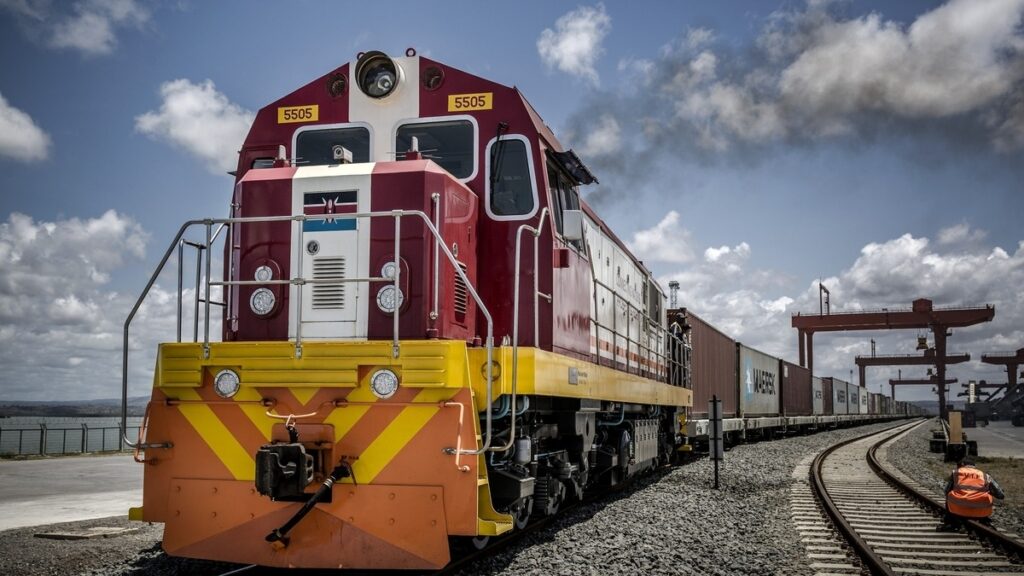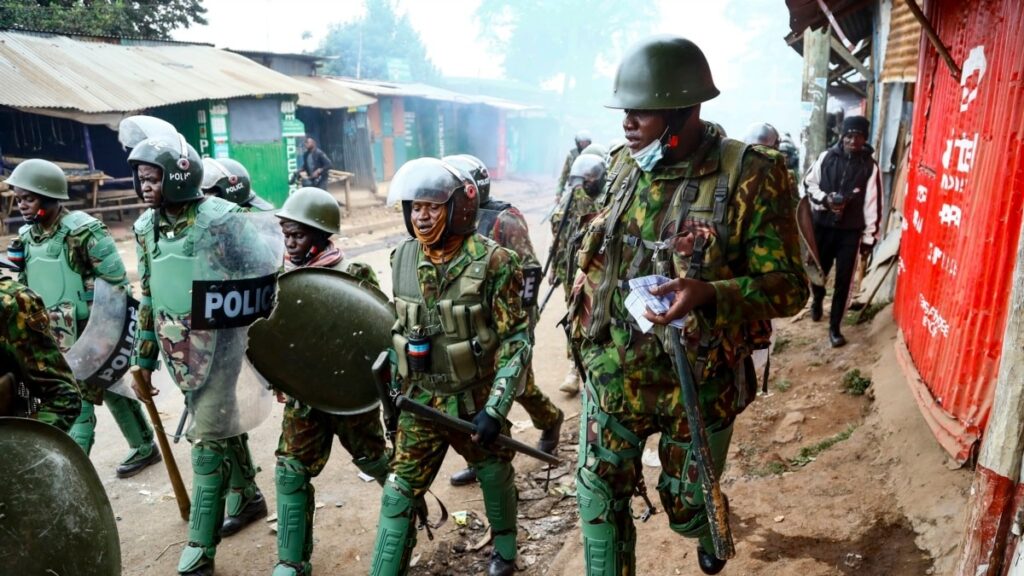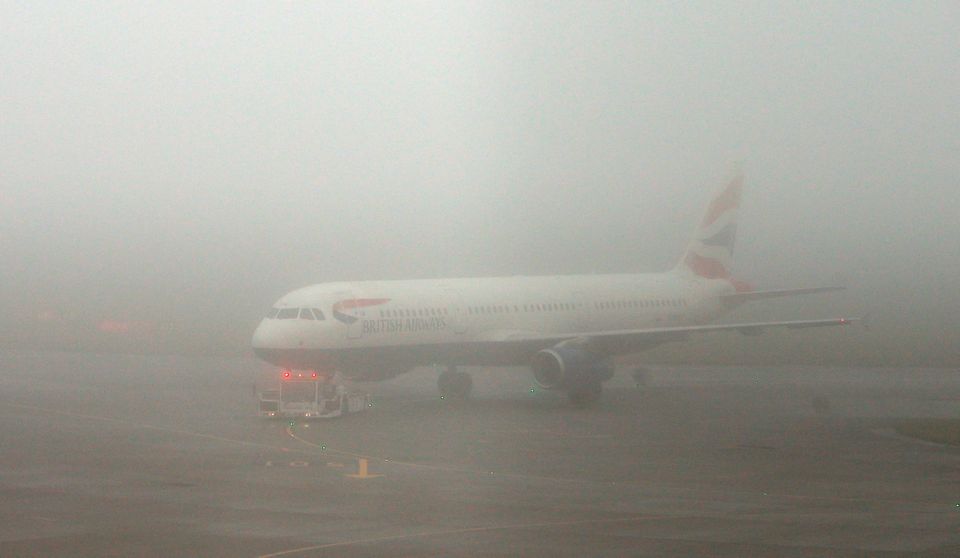In response to mounting debt obligations to Beijing and other lenders, as well as the surge in fuel prices, Kenya has announced a significant increase in passenger fares for the Chinese-built Standard Gauge Railway (SGR). The state-owned Kenya Railways revealed that the journey between Mombasa and Nairobi, spanning 470 kilometers (290 miles), will now cost $30 in first class, a rise from $19, while economy class fares will increase to $10 from $6.
Kenya Railways justified the fare hike by attributing it to the global escalation in fuel prices, which has impacted their operational costs. The decision comes shortly after Kenya’s central bank governor, Kamau Thugge, acknowledged that the Kenyan shilling had been overvalued by 25% for years, resulting in an artificially strong exchange rate.
President William Ruto’s recent visit to China, where he sought a $1 billion loan for unfinished infrastructure projects, raised eyebrows since Kenya’s total debt has reached a record $70 billion. Despite the financial challenges, Ruto pursued further funding. The revised train fares are scheduled to take effect on January 1, 2024, affecting not only the popular commuter rail service in Nairobi but also the Kisumu and Nanyuki safari trains, known for attracting numerous tourists annually.
The SGR, constructed at a cost of $4.7 billion financed by Chinese banks, commenced operations in 2017. However, it has encountered difficulties in generating sufficient cargo service demand. According to economist Aly-Khan Satchu, the viability of the Kenya SGR hinges on expanding its cross-border reach to ensure financial sustainability. Satchu suggested that connecting Uganda’s oil resources to the sea and facilitating transportation of minerals from the Democratic Republic of Congo (DRC) could enhance the project’s prospects.
Kenya’s escalating public debt has prompted President Ruto to implement stringent austerity measures, including travel restrictions and budget cuts exceeding 10% for all government ministries. Nevertheless, Ruto has faced criticism from Kenyans due to his extensive foreign trips, numbering 38 since assuming office in September 2022, surpassing the travel records of his four predecessors during their initial year in power.









No comment yet, add your voice below!